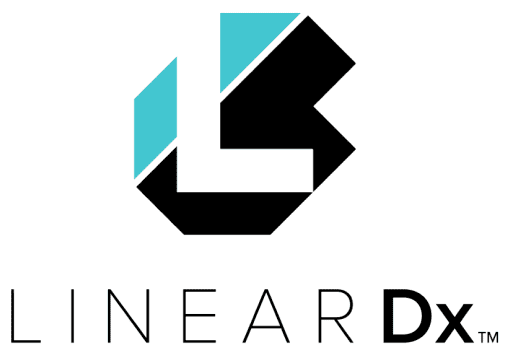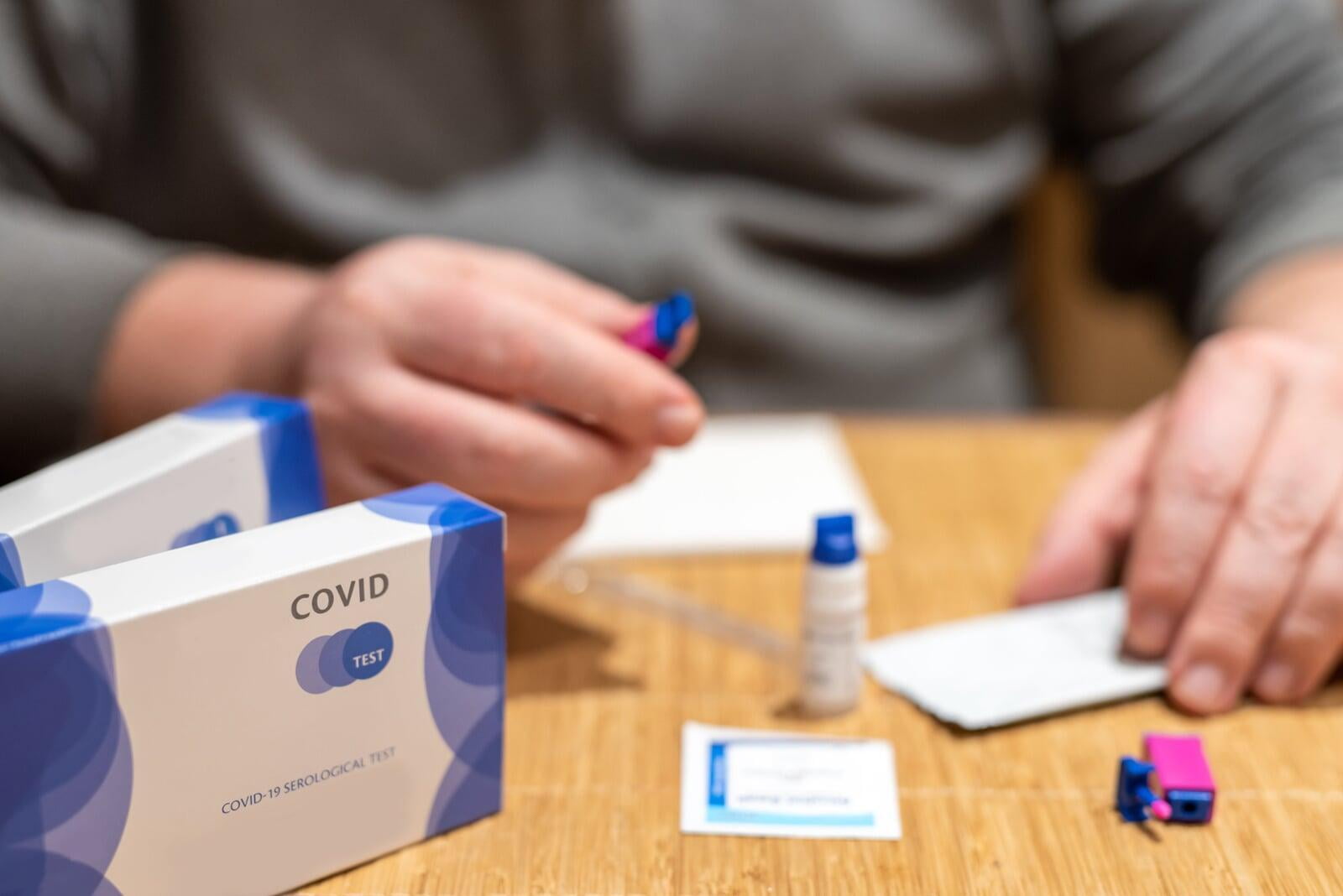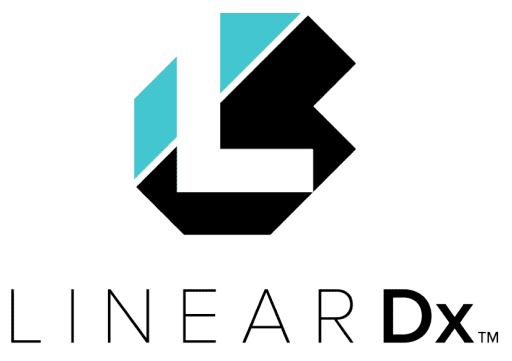No matter where you reside in the world, the COVID-19 pandemic has undoubtedly made some significant changes to your lifestyle, whether it’s working from home, spending more time with your loved ones or even just cooking up a storm in the kitchen with so much time at home. By now you may be well-versed in the COVID-19 lingo, you may know what the various vaccine types are and how best to protect yourself from getting infected.
Many people, however, might still not know the difference between antigen and antibody tests. If you find yourself using these terms interchangeably or have a fuzzy understanding of the topic, this article should clear your doubts. Let us first understand the differences between antigens and antibodies.
What Is an Antigen?
Antigens are compounds or toxins that enter your bloodstream and activate an immune response by your body’s immune system. There are two primary classes of antigens. The first, heteroantigens, are typically foreign to one’s body. They are usually either bacteria or viruses. The second class of antigens, known as autoantigens, are self-made by one’s own body and typically indicate the presence of an autoimmune disease. Antigens subsequently trigger lymphocytes, that is white blood cells, to generate cells vital for the body’s defense.
What Is an Antibody?
Antibodies, on the other hand, are special proteins made by lymphocytes to fight against antigens. Each antibody is specifically created to fight a specific type of antigen by locking on to them. Moreover, antibodies are crucial in keeping the antigens away from the cells in your body. There are several antibody types for various purposes: from removing antigens from your various bodily fluids to protecting against common allergens. The most common type is IgG which provides lasting protection from harmful foreign substances.
Differences Between an Antigen Test and an Antibody Test
The most common type of COVID-19 antigen test is the rapid antigen test. This is taken by collecting a nasal sample via a cotton swab inserted into each nostril. This is followed by placing it in a solution and a paper strip that will detect the presence of antigen proteins. The results can be obtained within half an hour and will tell you whether COVID-19 is present in your body during its most virulent stage. Antibody tests, by contrast, check whether the body has developed immunity against the virus. You would need to take a blood test to determine whether you have the antibodies for COVID-19. Thus the procedures for each are poles apart.
When Should I Take Either Test?
If you are experiencing any of the symptoms of COVID-19 such as a fever, runny nose, body aches or a cough amongst others, it is advisable to take the antigen test. However, do note that the antigen test is not as sensitive as the more accurate PCR test. An antibody test can be taken if you know or suspect that you may have already contracted the virus and want to check whether your body has defenses against COVID-19.
If you want more information about antigen tests and antibody tests, contact us today.


